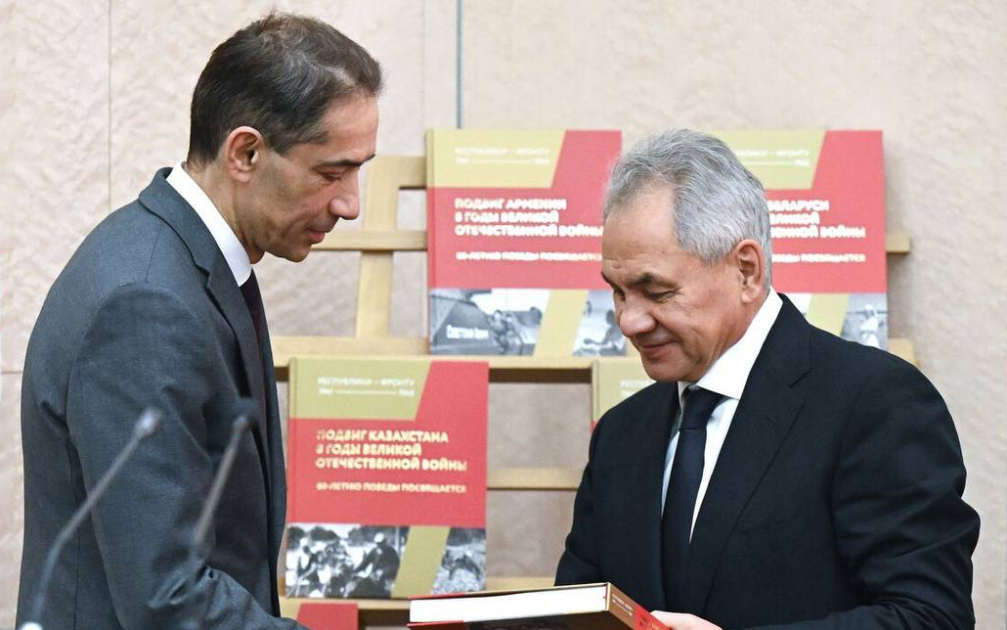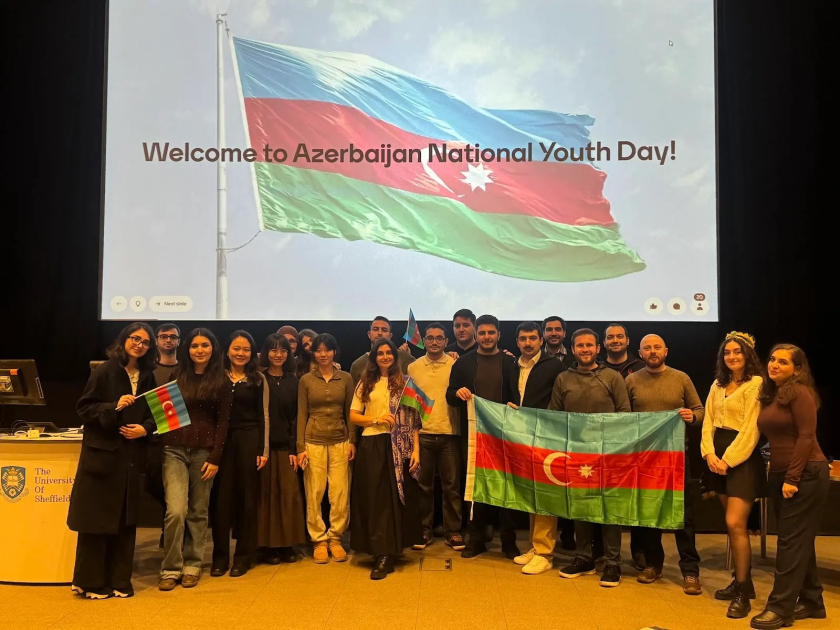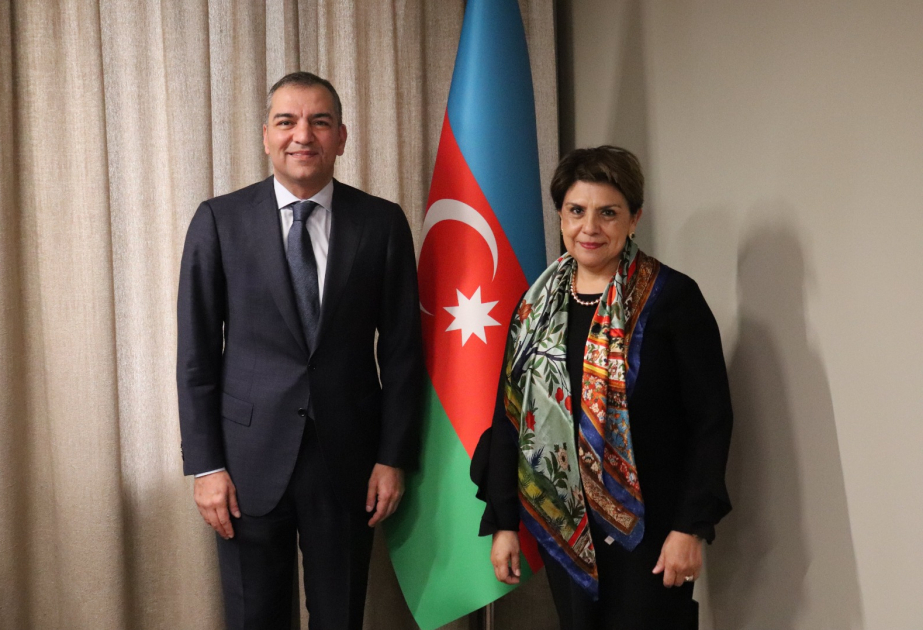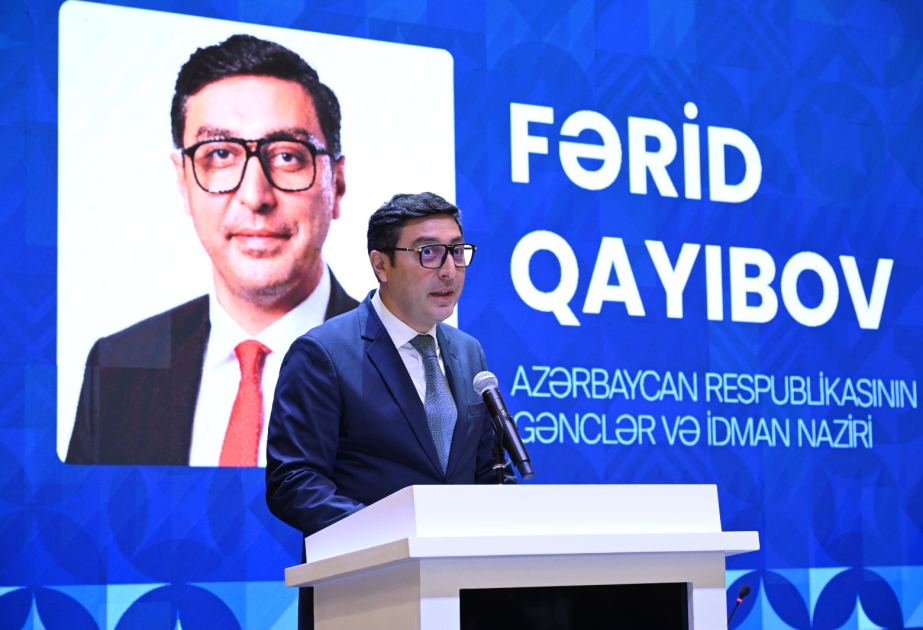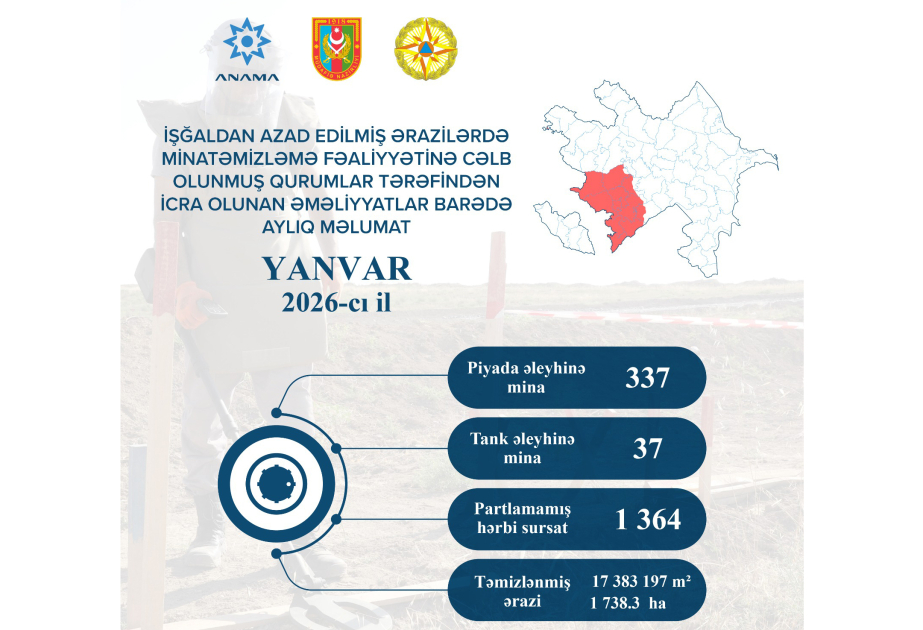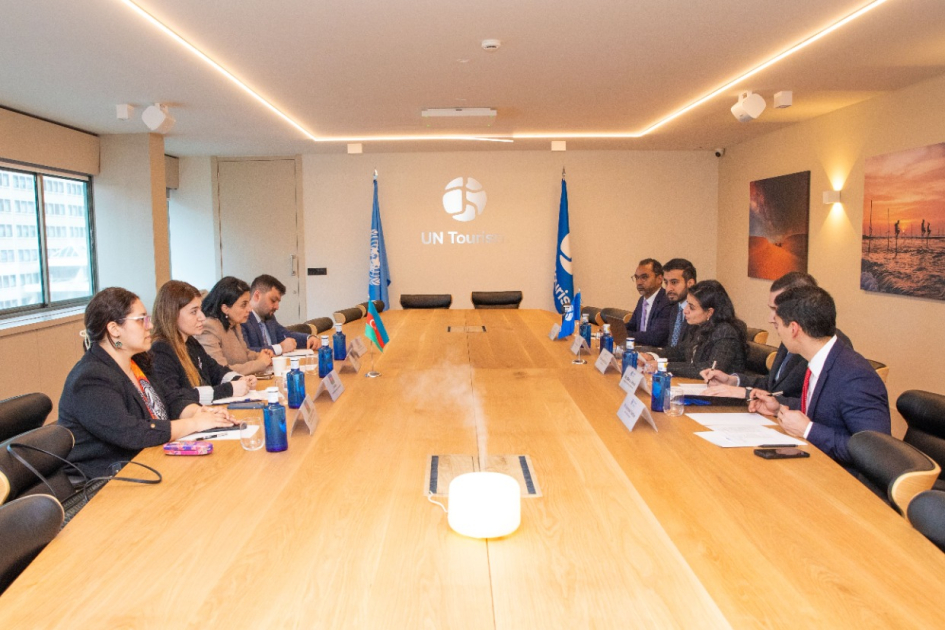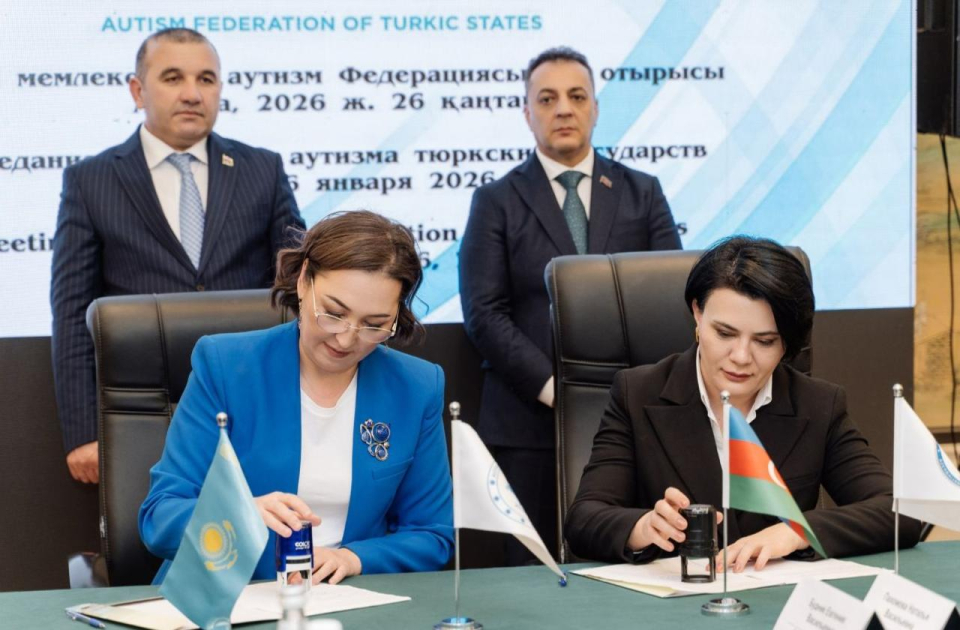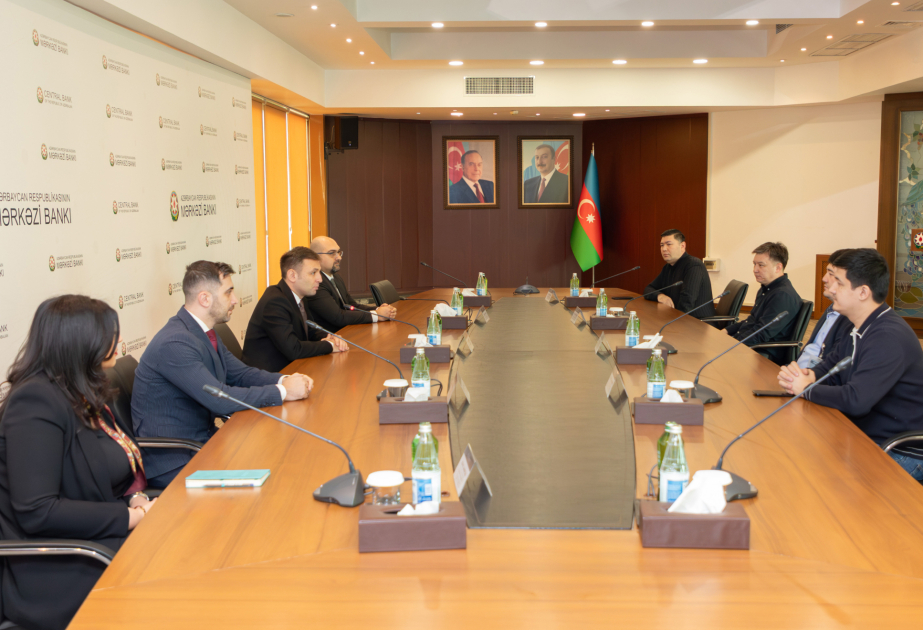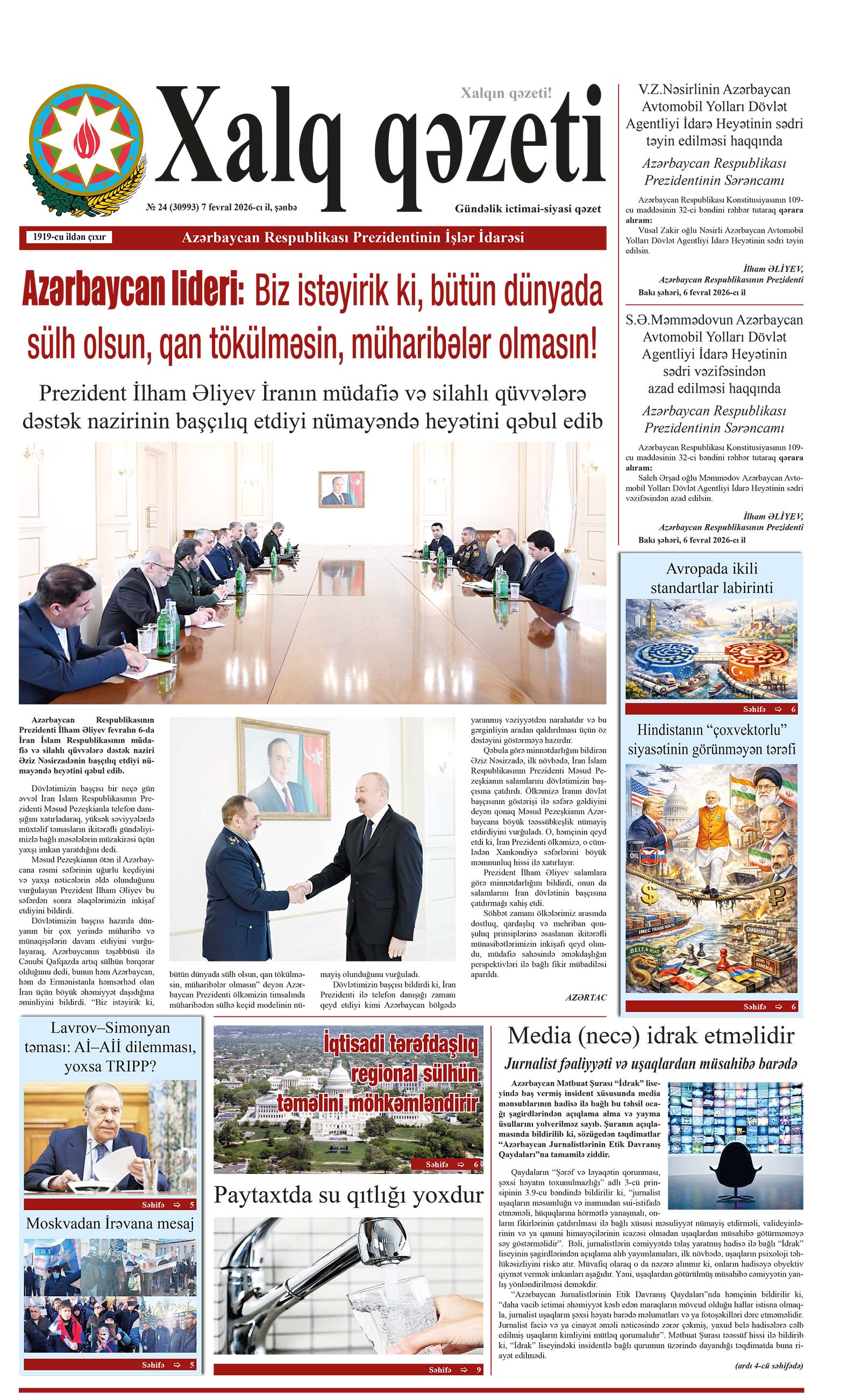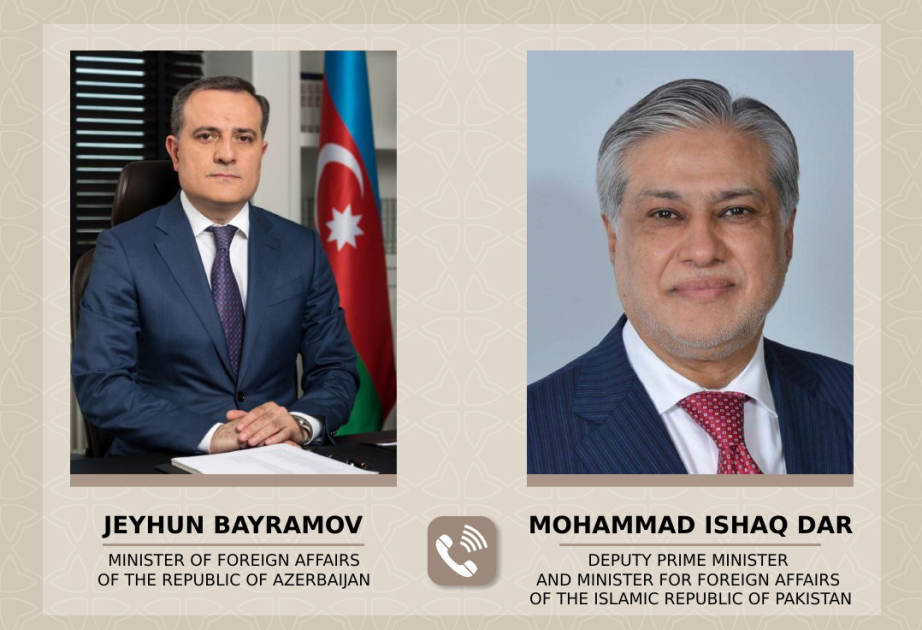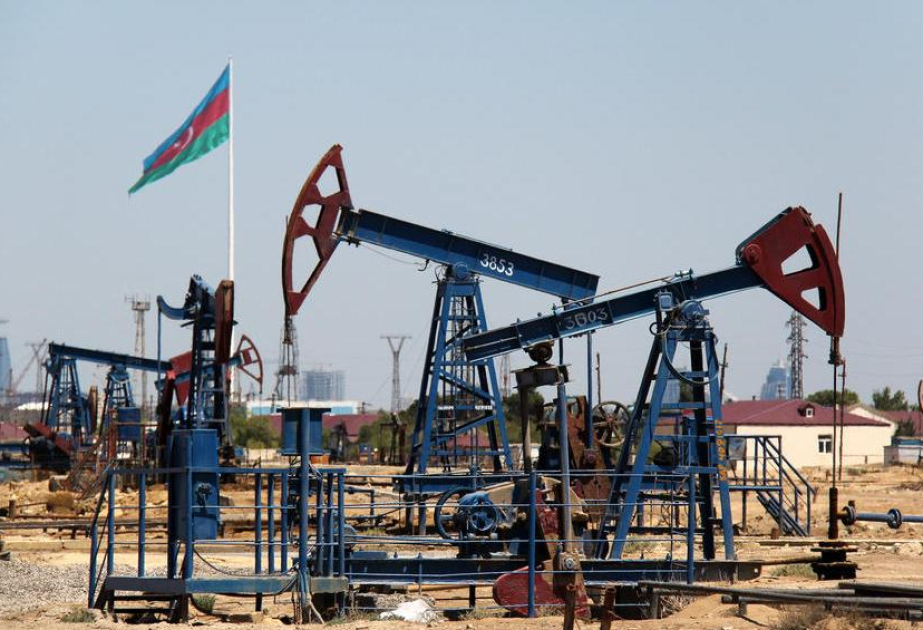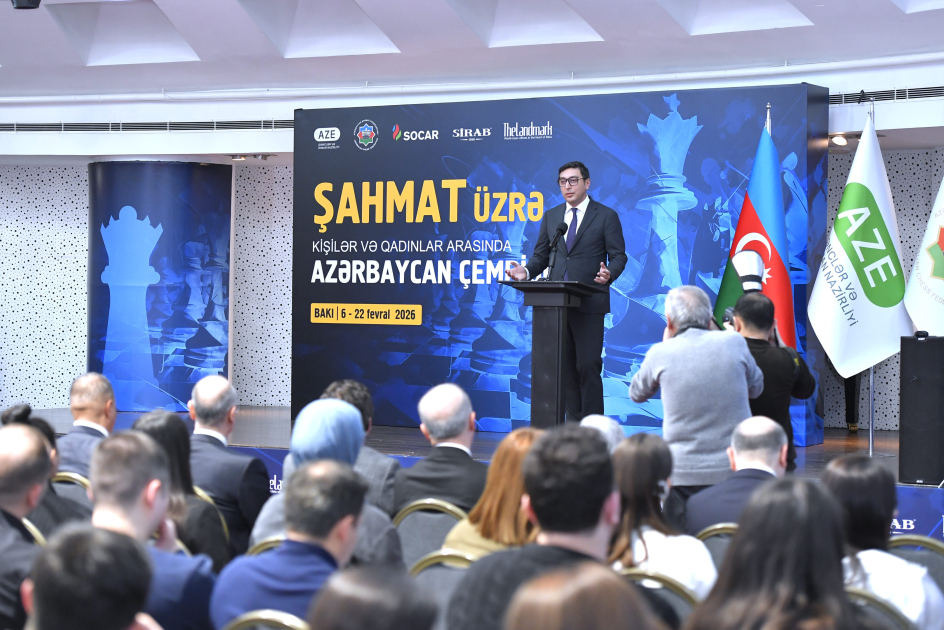On November 21, COP29 hosted a panel session on " SIDS’ Ecosystems and Communities Amid Climate Change," organized by the Azerbaijan Operating Company.
Moderated by climate advocate and Vanuatu’s COP29 Special Envoy, Ali Serim, the session highlighted key challenges faced by SIDS, including rising sea levels, extreme weather events, ocean acidification, biodiversity loss, water scarcity, and economic difficulties.
Speakers included Angelique Pouponneau, Adviser to Palau’s UN Mission; Maina Talia, Tuvalu’s Minister of Home Affairs, Climate Change, and Environment, Patricia Scotland, Secretary-General of the Commonwealth, Rebecca Nadin, Director of ODI Global’s Risk and Resilience Program, and Murad Jamalov, representative of Azercosmos.
Participants emphasized the vulnerability of SIDS (Small island developing states) due to their geographic and economic conditions. Rising sea levels have led to coastal erosion, flooding, salinization, and loss of settlements, while extreme weather events severely impact infrastructure, agriculture, and tourism. Ocean acidification threatens marine ecosystems, jeopardizing fisheries and livelihoods.
The panel also discussed the degradation of vital ecosystems such as coral reefs, mangroves, and seagrasses. Their destruction reduces biodiversity, undermines coastal protection, and diminishes water quality, impacting local communities' incomes.
To address these challenges, panelists stressed the need for global efforts to reduce carbon emissions, transition to clean energy, and achieve sustainable development goals. Adaptation measures such as seawalls, improved water management, and early warning systems were deemed crucial.
The session concluded with a call for increased international cooperation, climate financing, and knowledge sharing to bolster the resilience of SIDS against climate change impacts, emphasizing that urgent and collective action is essential for their survival.


.jpg)

